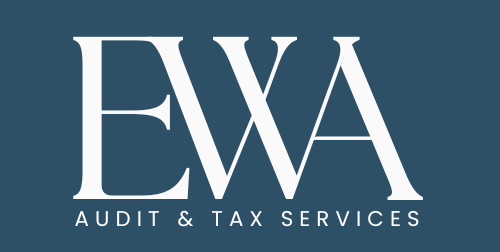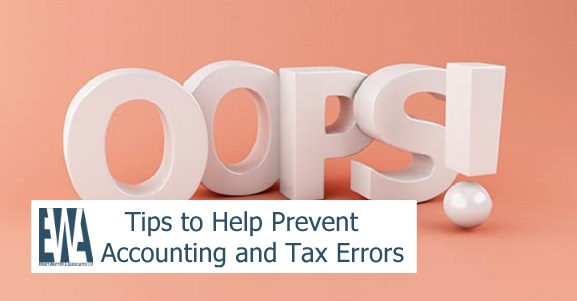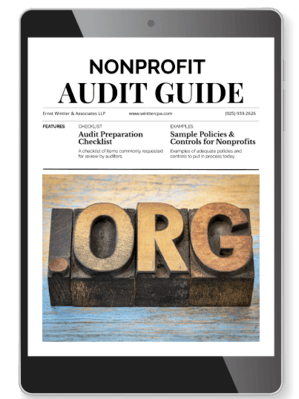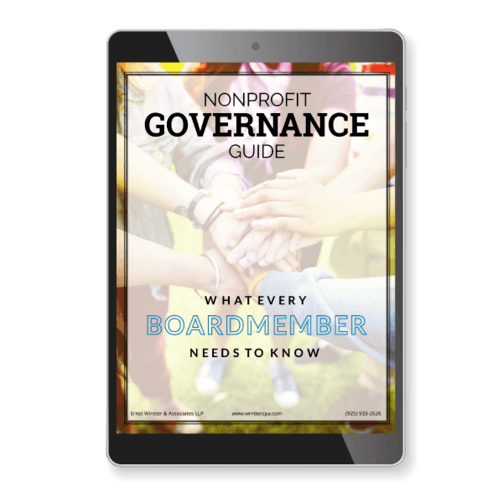As one of the managers responsible for your nonprofit’s tax and accounting reports, you understand the implications of making errors on a wide variety of statements. Just a few Tax errors with a tax form, one mistake on a balance sheet, or one oversight for a reconciliation statement, and your organization can find itself in financial, as well as legal trouble.
In fact, a glaring tax and/or accounting error can lead to the revocation of your nonprofit status.
Do not allow a clerical mistake to stop the momentum your nonprofit organization has developed by following a few tips to help prevent tax and accounting errors.
Conduct Frequent Internal Audits
Avoiding an audit from an external source such as the IRS starts by conducting frequent internal audits. Establish a series of steps for performing each audit, as well as designate how much time should pass between audits. To ensure the utmost accuracy, consider outsourcing the audit process to an independent contractor.
The goal is to catch tax and accounting errors before a government agency reviews your nonprofit organization’s financial records.
Leverage Technology to Expose Tax Errors
One of the most effective ways to prevent tax and accounting errors involves using software to manage your nonprofit’s books. Not only does maintaining financial records by hand take a considerable amount of time, but it also increases the likelihood of someone making one or more errors. Software programs such as QuickBooks automatically update your tax and accounting statements every time you make changes to financial records.
For example, whenever you increase the value of donations, a software program immediately makes changes to the balance sheet and your tax records.
Save Financial Records
Although decluttering the office typically increases efficiency and productivity, it can also unintentionally remove important copies of receipts and bank statements that verify financial transactions. Saving financial records provides you with the proof you need that your tax and accounting records contain 100 percent accurate information. This documentation becomes crucial during audits, annual reporting, or when applying for grants or other funding opportunities. Saving financial records is especially important for donations, as the IRS wants to see proof that confirms how much money your nonprofit organization has recently received, who it came from, when it was received, and how it aligns with your reported income and tax filings.
Keep Personal and Organizational Funds Separate
If you have a bank account that includes both nonprofit and personal funds, the time has come to eliminate the confusion that often develops due to the mixing of financial transactions. In addition, make sure to define which of your personal funds went toward covering a nonprofit expense. You might be able to deduct the personal contribution as a donation when you file a personal income tax form. The nonprofit also might benefit by defining the donation as an in-kind contribution.
Recruit an Accountant to Volunteer
You can implement all of the safeguards that prevent tax and accounting errors, and still run afoul of a government agency. One of the most effective ways to prevent tax and accounting errors is for your nonprofit to recruit a CPA to manage the organization’s books. Getting a certified accountant on board ensures your nonprofit does make mistakes with any of its financial records.
At Ernst Wintter & Associates LLP, we provide comprehensive audit, review, examination and compilation services as well as tax services that fit your business needs. Our professionals have specific expertise in the financial services industry, nonprofit sector, and employee benefit plan audit requirements. Please contact us today.








